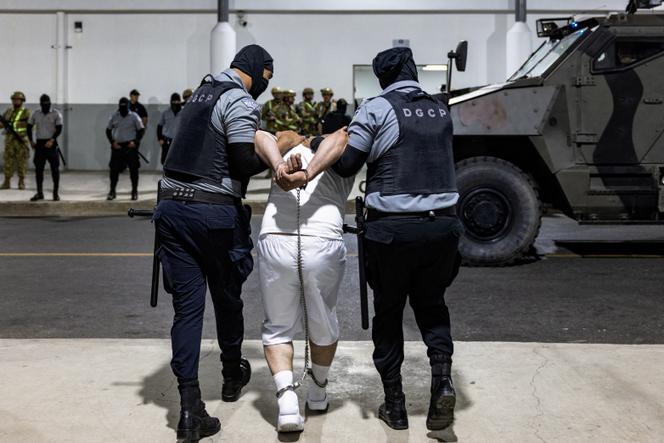


After the September 11, 2001, attacks, George W. Bush established a new legal paradigm. He called it the "war on terror," a term that allowed him to attempt to bypass common law. In the weeks that followed, 5,000 nationals from Muslim countries were arrested, notably in New York, and 80,000 others were summoned by the police and registered, all in the name of this "war on terror."
The Supreme Court intervened. In several historic decisions, it refuted the idea that terrorism justifies the suspension of American constitutional rights. On June 28, 2004, the institution – already led by current Chief Justice John Roberts – reaffirmed that prisoners of the anti-terrorism "war" had the right to challenge the legality of their detention before the American justice system, under the principle of habeas corpus. This included foreigners, labeled as enemy combatants, held at the Guantánamo Bay detention camp, located on Cuban soil, which was chosen by the Republican president for its legal ambiguity.
Twenty-five years later, Donald Trump is attempting a similar sleight of hand. By framing immigration as a national security issue, he aims to circumvent civil law in order to deport "criminals" in large groups. In his inaugural address on January 20, he declared that the United States is facing an "invasion." Trump doesn't hide that having to go through a lengthy judicial process for each criminal foreigner hinders his goal of massive deportations. By militarizing the fight against illegal immigration, he hopes to secure the exceptional powers granted to the commander-in-chief in wartime.
You have 70.46% of this article left to read. The rest is for subscribers only.
